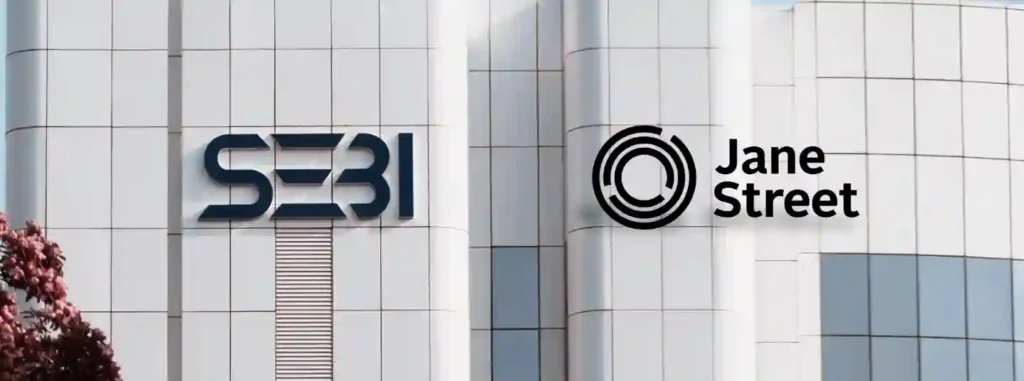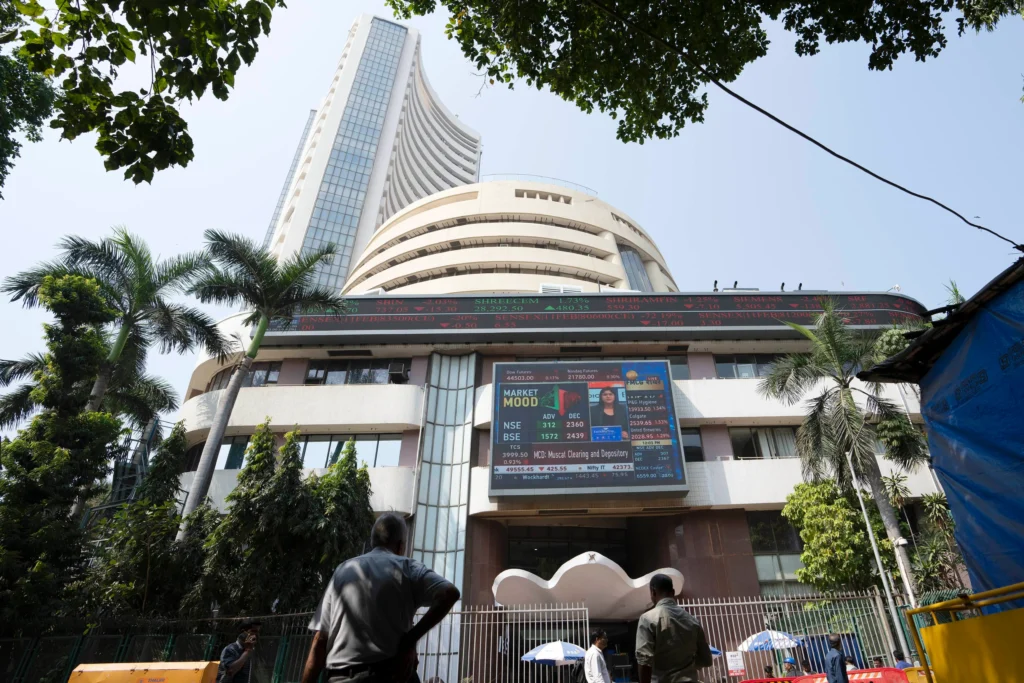Jane Street Market Manipulation in India – SEBI’s Allegations

Jane Street market manipulation in India has sparked a major controversy. The US trading firm is facing a ban after the Securities and Exchange Board of India (SEBI) accused it of creating artificial stock price movements. SEBI claims that this alleged manipulation misled small investors into trading at unfavorable prices.
Jane Street denies wrongdoing and says it will challenge the order in court.
Who Is Jane Street and Why Is It Under Scrutiny?
Jane Street, founded in New York, is a quantitative trading firm that uses advanced algorithms to design trading strategies.
It employs over 3,000 people and operates across 45 countries. In 2023, the firm handled 10% of North America’s equity trading volume.
Allegations of Jane Street Market Manipulation in India
SEBI’s probe focuses on trades in the Bank Nifty index, which tracks 12 leading Indian banks.

Jane Street allegedly manipulated both the cash and derivatives markets through separate entities. One entity bought large volumes of shares in the morning, pushing up prices. The other entity bet on a decline in derivatives.
Near market close, the company allegedly sold off the shares, causing prices to crash and benefiting its derivative positions. Jane Street Market Manipulation.
This tactic, called “marking the close”, is illegal in many global markets.
Impact of Jane Street Market Manipulation on Small Investors
Retail investors bought shares during the artificial surge, only to face losses when prices collapsed.

SEBI claims Jane Street earned $4.3 billion in India within two years. During the same time, retail traders in derivatives lost 1.05 trillion rupees ($11.6 billion) in FY25.
Jane Street’s Response
Jane Street says its trades were legal index arbitrage, exploiting price differences between cash and derivative markets. The firm insists SEBI has misinterpreted its strategies.
What Experts Say
Experts argue the trades went beyond normal arbitrage.
“This is manipulation, not arbitrage,” says Deepak Shenoy, CEO of Capitalmind.
Mayank Bansal, a derivatives investor, claims such activity distorted markets every week on contract expiry days.
What Happens Next?
Jane Street has deposited $560 million in an escrow account. SEBI is still reviewing the request to lift the ban.
If proven guilty, Jane Street could face fines of up to three times its alleged profits under Indian law.
Regulatory Concerns and Next Steps
SEBI has ordered Jane Street to deposit $560 million in an escrow account while it reviews the firm’s request to lift the ban. If proven guilty, Jane Street could face penalties up to three times the alleged gains under Indian securities law.

Industry experts warn that the case highlights weaknesses in real-time surveillance systems. “Regulators need to detect manipulation faster to protect small investors,” says Bansal.




